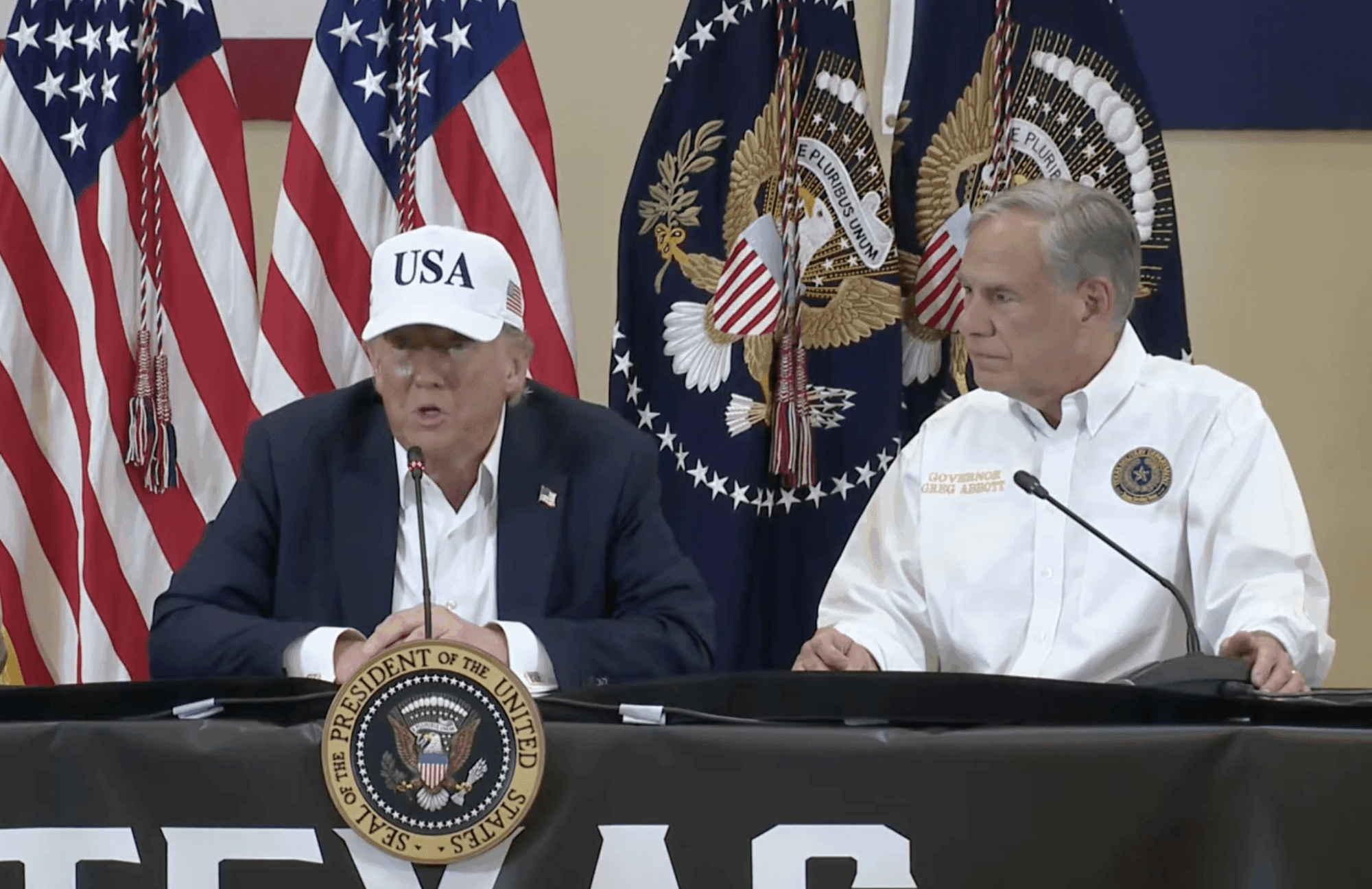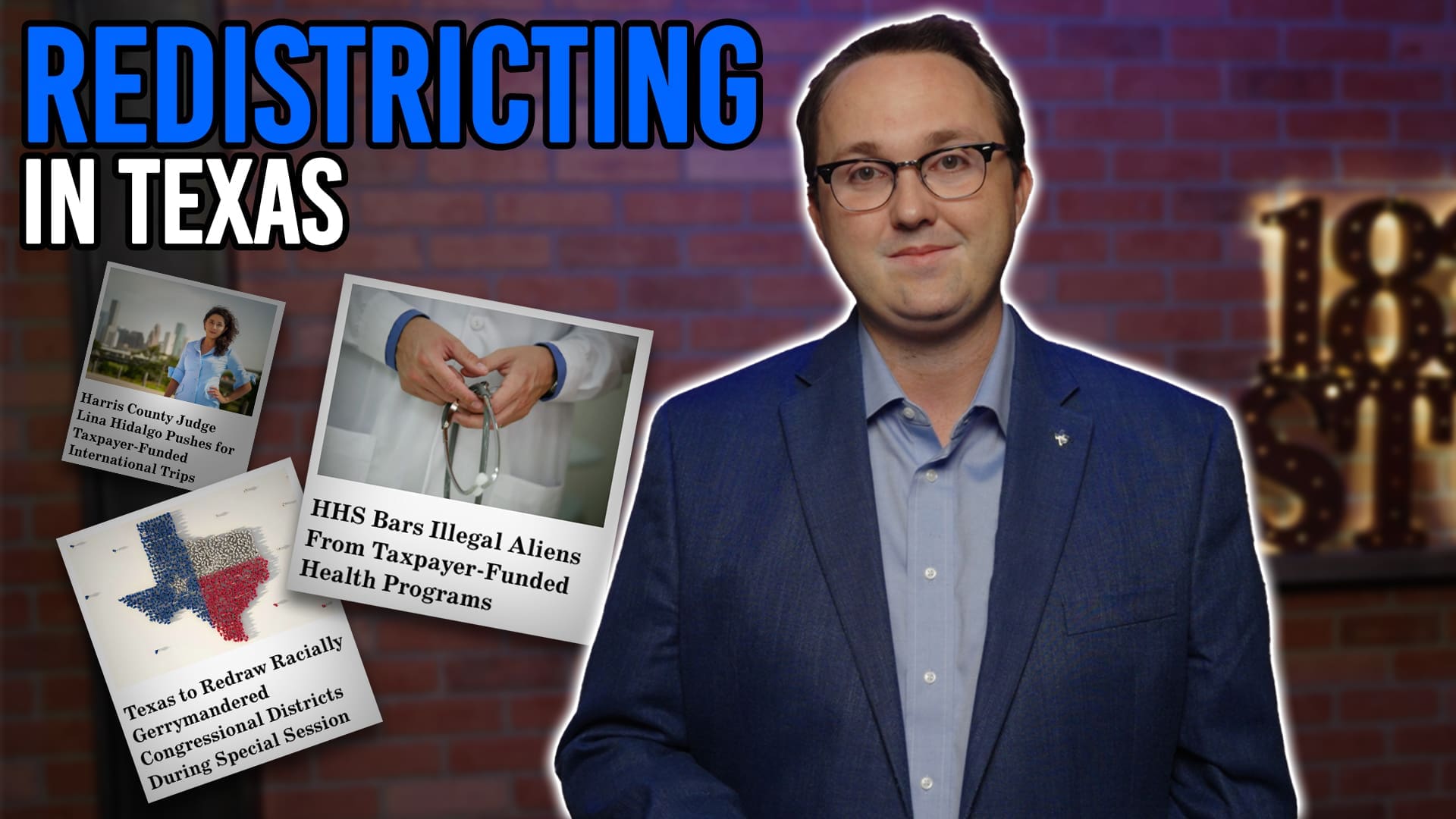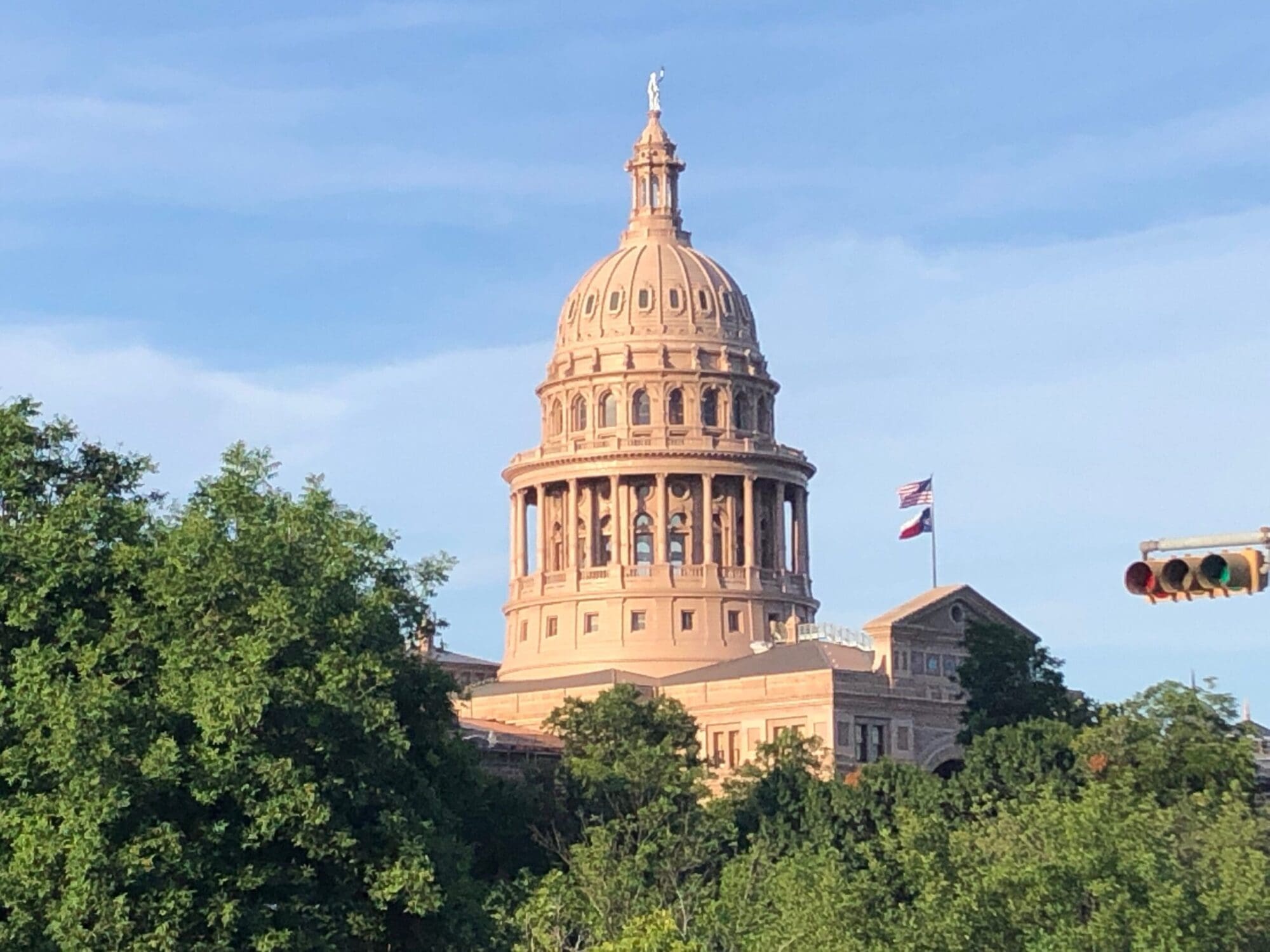After the Dallas City Council stripped a property owner of the right to operate his long-standing automotive business from his commercial property, the Dallas Morning News published several articles defending the decision. They claim—as do city officials—that it’s more equitable to abuse every property owner equally, than to reverse course by making an exception for Hinga Mbogo.
Thanks to a constitutional amendment passed by voters in 2009, local governments can only use eminent domain for a public purpose, not commercial redevelopment. And under the same legal protection, the enhancement of local tax revenues does not qualify as a “public use.”
That’s precisely why the City of Dallas chose to use rezoning powers to relocate all automotive businesses along Ross Ave, without providing compensation to the landowners. In this case, the use of eminent domain would not be lawful after 2009, since the re-purposed property would be transferred to private developers.
Dallas simply found a legal loophole allowing them to circumvent the protections voters thought they passed in 2009, by using a different tactic to accomplish the exact same objective.
It’s easy to see how Dallas’ rezoning maneuver clearly violates the intent of Texas’ 2009 amendment. By defending the city council’s recent 8-5 decision, the DMN’s editorial board suggests they oppose the safeguards voters put in the state constitution. And, worse, they support government abusing property owners in favor of another private party.
The DMN’s flawed reasoning is collectivism at its worst. Property rights are really individual rights—just because other landowners either agreed to comply with a redevelopment scheme or didn’t put up a fight, it doesn’t mean Mbogo’s property claim is any less legitimate. On the other hand, abusing everyone’s rights doesn’t make Dallas’ 2005 rezoning decision any more judicious.
Councilmembers who voted against Mbogo are also advancing peculiar arguments. According to many of their own public statements, their decision to rezone automotive businesses is based on the theory that these businesses “lead to blight” and other “undesirable” professions that devalue nearby property.
Assuming that were true, are they not concerned about what will happen to the neighborhoods where Mbogo’s new business will be located? In other words, if the very nature of his business is damaging to a neighborhood, why allow him to operate anywhere? Never-mind the fact that his happy customers have expressed their disagreement by the very nature of their patronage.
Mbogo’s opponents further claim he will “make enough profit” off the sale or leasing of his land, allowing him to “retire as a millionaire.” Apparently, in true elitist fashion, city officials are justified in taking your property, so long as politicians deem your profit sufficient.
Observers should be calling into question the notion of amortization, as allowing this practice to continue in Texas violates the intent of 2009’s amendment to prohibit government from abusing property owners in favor of another private party. It raises the question: does the Dallas Morning News and Mbogo’s critics wish to see existing property rights protections repealed?




